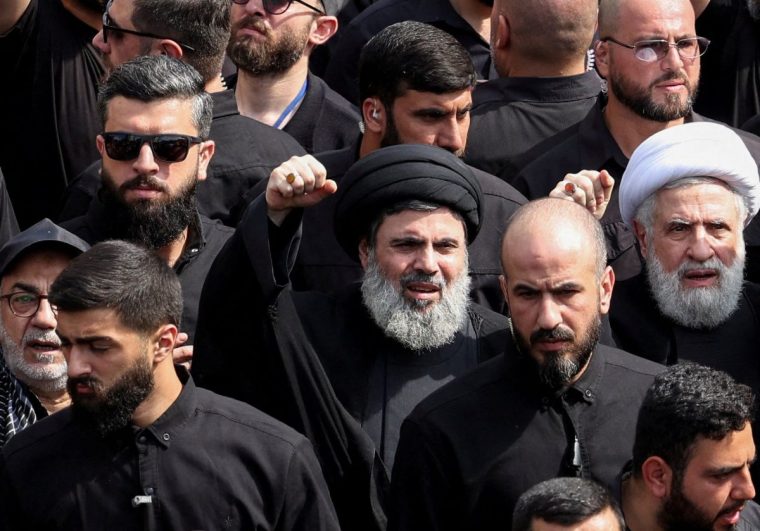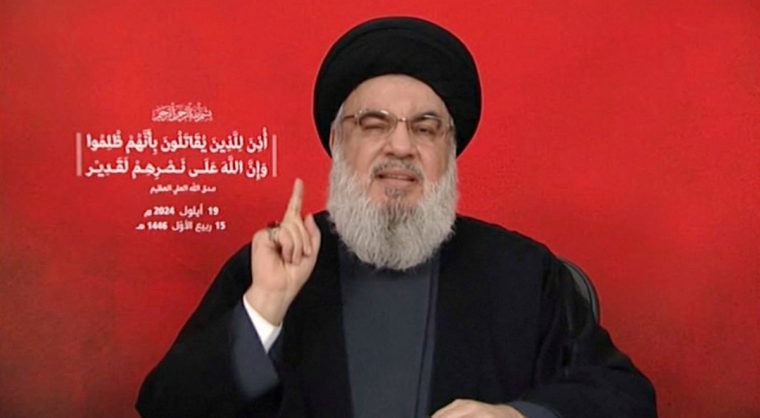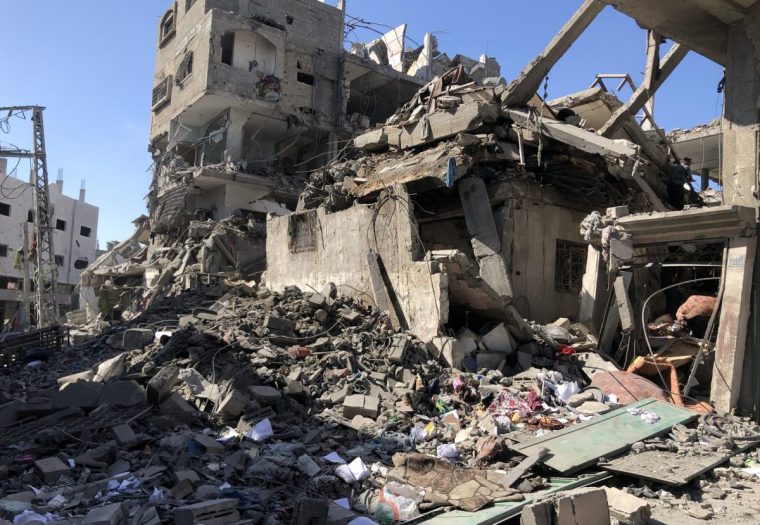Hezbollah has elected Naim Qassem as its new leader, but Israel said his tenure would be “temporary”, in an apparent threat after it assassinated his predecessor Hassan Nasrallah in Beirut over a month ago.
The Iran-backed Lebanese armed group said on Tuesday that its Shura Council had selected Mr Qassem, 71, who has been one of its senior figures for more than 30 years.
Israel’s Defence Minister Yoav Gallant share a photo of Mr Qassem on X, saying: “Temporary appointment. Not for long.”
Mr Qassem was appointed as Hezbollah’s deputy chief in 1991 by the Hezbollah’s then-secretary general Sayyid Abbas al-Musawi, who was killed by an Israeli helicopter attack the following year.

Mr Qassem stayed in the role when Mr Nasrallah became secretary general and has long been a leading spokesman for the group.
He has conducted interviews with foreign media, including as cross-border hostilities with Israel raged over the past year.
Since Mr Nasrallah’s death on 27 September, Mr Qassem has given three televised addresses, including one on 8 October in which he said Hezbollah supported ceasefire efforts for Lebanon.
He is considered by many in Lebanon to lack the charisma and gravitas of Mr Nasrallah.
Another senior Hezbollah figure, Hashem Safieddine, had been considered the most likely successor to Mr Nasrallah but was killed in Israeli strikes a week after him.
The Israeli government said Mr Qassem’s tenure “may be the shortest in the history of this terrorist organisation if he follows in the footsteps of his predecessors Hassan Nasrallah and Hashem Safieddine”.
“There is no solution in Lebanon except to dismantle this organisation as a military force,” it said in a post on X.
When Mr Qassam spoke on 8 October in a 30-minute televised address, he said the conflict between Hezbollah and Israel was a war about who would cry first, and Hezbollah would not cry first.

The group’s capabilities were intact despite “painful blows” from Israel, he said. Israel has conducted a systematic campaign against the group since September, targeting its leadership and membership through air strikes as well as the long-planned sabotage of its communications devices.
But Mr Qassem added that the group supported the efforts of parliament speaker Nabih Berri – a Hezbollah ally – to secure a ceasefire. For the first time he did not include any mention of a truce in Gaza as a pre-condition for ending the group’s attacks on Israel.
Born in 1953 in Beirut to a family from Lebanon’s south, Mr Qassem’s political activism started with the Lebanese Shia Amal Movement.
He left the group in 1979 following Iran’s Islamic Revolution, which formed the political thinking of many young Lebanese Shia activists.
Mr Qassem took part in meetings that led to the creation of Hezbollah, set up with the support of Iran’s Revolutionary Guards in response to the Israeli invasion of Lebanon in 1982.
He has been the general co-ordinator of Hezbollah’s parliamentary election campaigns since the group first contested them in 1992.
In 2005, he wrote a history of Hezbollah seen as a rare “insider’s look” into the organisation.
Mr Qassem wears a white turban instead of a black one, which had been worn by Mr Nasrallah and Mr Safieddine and denoted their claimed status as descendants of the Prophet Muhammad.
In addition to its military campaign in Lebanon against Hezbollah, Israel has continued airstrikes in its north Gaza offensive aimed at wiping out Palestinian military group Hamas.
An Israeli missile gutted a four-storey house in the town of Beit Lahiya, which left at least 93 people dead or missing, according to Gaza’s health ministry. At least 20 of those killed were children.

Palestinians were seen plucking body parts off the house’s walls and floors in a desperate search for survivors.
The victims were mainly members of the extended Abu Naser family, the owners, as well as displaced people crammed into every available space, the health ministry said.
Ismail Ouaida, a witness who was helping to recover bodies, said in a video shared on social media: “There are tens of martyrs (dead) – tens of displaced people were living in this house. The house was bombed without prior warning.
“As you can see, martyrs are here and there, with body parts hanging from the walls.”
There was no immediate Israeli military comment.
Israel has accused Hamas of hiding armed militants among civilians in residential and public buildings including schools and hospitals, which it denies. Hamas and Palestinian civilians accuse Israel of indiscriminate bombing, a charge it rejects.
Meanwhile in Lebanon, eight Austrian soldiers belonging to the UN peace-keeping force in Lebanon (UNIFIL) were injured in a rocket strike on Camp Naqoura near the Israeli border, according to Austria’s Defence Ministry.
“We condemn this attack in the strongest possible terms and demand that it be investigated immediately,” the ministry said in a statement, adding that it was not clear where the attack came from and none of the soldiers needed urgent medical care. It said the injuries sustained were slight and superficial.


I'm a cafe owner - this is why the £5 coffee is inevitable